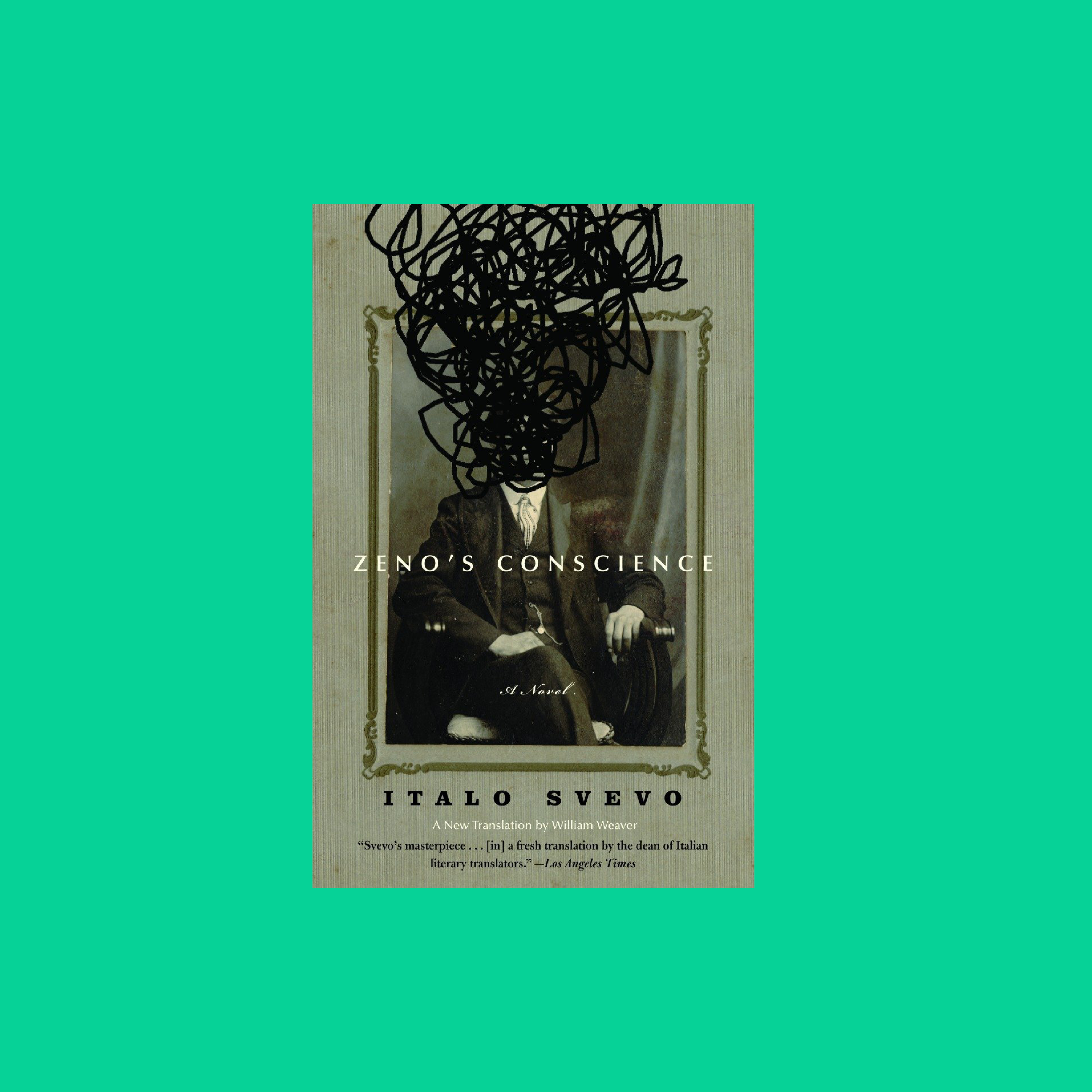APS TOGETHER
Day 15
Zeno’s Conscience by Italo Svevop. 296—p. 318 (“the Ada who had scornfully repulsed me no longer existed, unless my medical books were mistaken.”)
September 27, 2022 by Claire Messud
Guido’s violin, that source of early envy for Zeno, proves “a kind of Achilles’ spear in the variety of its functions”—a seductive music for Carla as it had been for Ada, it then becomes a buffer between Guido and his wife at home. Music, in Zeno’s Conscience, plays as much a role as do some characters…
I’ve always loved Zeno’s riff on fish: “A fish lacks any means of communicating with us, and cannot arouse our compassion… His suffering, if it exists, is perfectly concealed beneath his scales.” Communication, in spite of its murkiness and frequent failures, is what makes us human, and what animates this novel, which has so few descriptions of place, so little scene-setting: it’s all about people, and the tangle of their relationships.
I’ve also always loved Zeno’s idea for a “domestic tramway” on which to dispatch a screaming baby to the farthest corner of the house—when our kids were small and screaming, we joked at our house that we too wished for such a device!
Zeno tells Guido to drop him off early from their nocturnal fishing expedition because he worries his baby might be ill. When this is in fact the case, “It seemed to me a divine punishment… Hadn’t I caused her illness, feigning for Guido a concern for her health that I didn’t feel?” How many times have we feared that our lies might be performative, like a spell?
Ada’s postnatal illness—Basedow’s disease, aka Graves’ disease—prompts in Zeno a wonderful grandiose reflection upon humanity and the spectrum of health: “At one end is Basedow’s disease, which implies the generous, mad consumption of vital force”; at the other, depression and inanition: “Society proceeds because the Basedowians push it, and it doesn’t crash because the others hold it back”—the golden mean, the balance between extremes, is “only a way station.”
